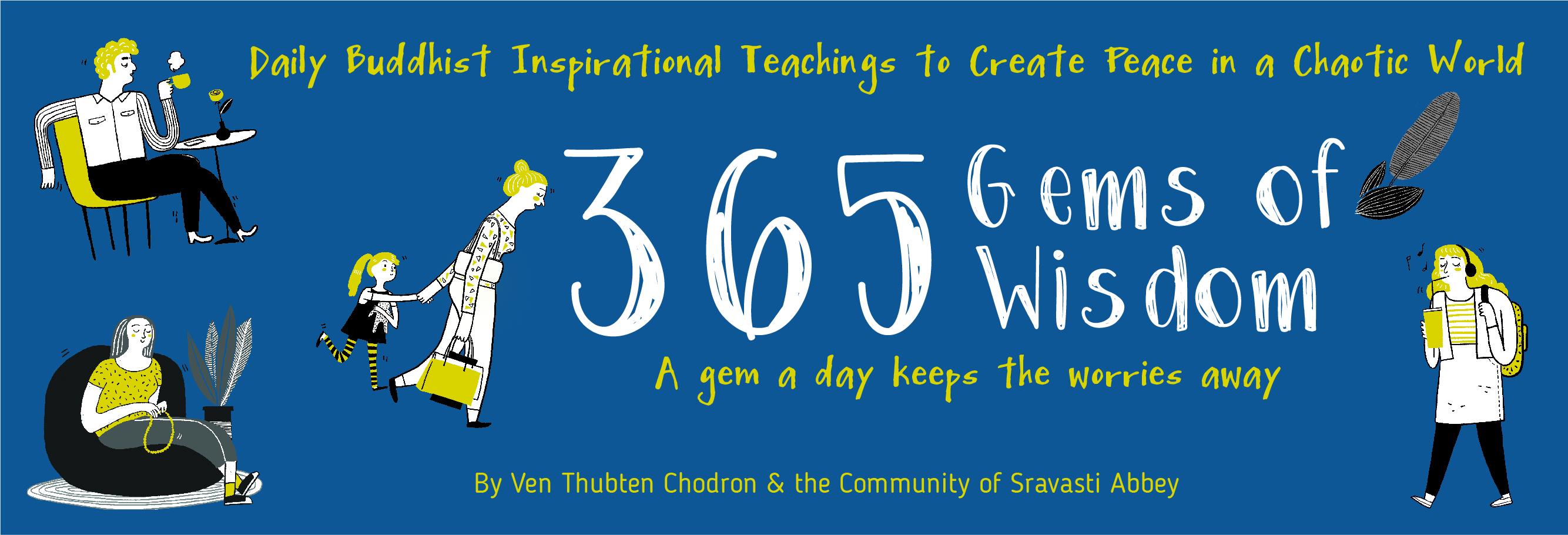January 14 : Finding Who You Are
Scientific reductionists seem to think we are our body, and specifically the brain. This does not make much sense because a brain separated from the body is not going to act like a person. Sometimes scientists say consciousness is an emergent property of the brain, but what exactly does this mean?
Centuries ago, they had this idea of a little homunculus hanging out behind the pineal gland, and that is really what we are saying if we say that we are located in our bodies. Spend some time checking to see if you are your body, or any of its material elements, like organs, limbs, and bones.
Next, you have to check whether the person is the consciousness. This one is harder because we are so familiar with the dictum: “I think, therefore I am.” Consciousness is what is performing the action of thinking. Buddhism views feelings and emotions as mental factors that are part of consciousness or primary minds. It is tempting to think we are all those different minds and mental factors
together, but they are always changing, so which moment is us? Some mental factors cannot exist simultaneously because they are opposites, such as love and hate. Nor can you say the person is the collection of mental factors because the collection is just a bunch of individual parts.
There is a strong feeling we are our minds, and even Buddhist scriptures say the mind is what goes from lifetime to lifetime. We have to look more closely. Within one day we have so many different mental experiences, so which state of mind are we? The awake mind, the sleeping mind, or the dreaming mind? Amongst the awake minds, are we the happy mind? The miserable mind? The spaced-out
mind? The alert mind? The angry mind? The wisdom mind? Search through all these different minds and see if you can find who you are.
“365 Gems of Wisdom” Volume One (January — March) e-book is out now!

